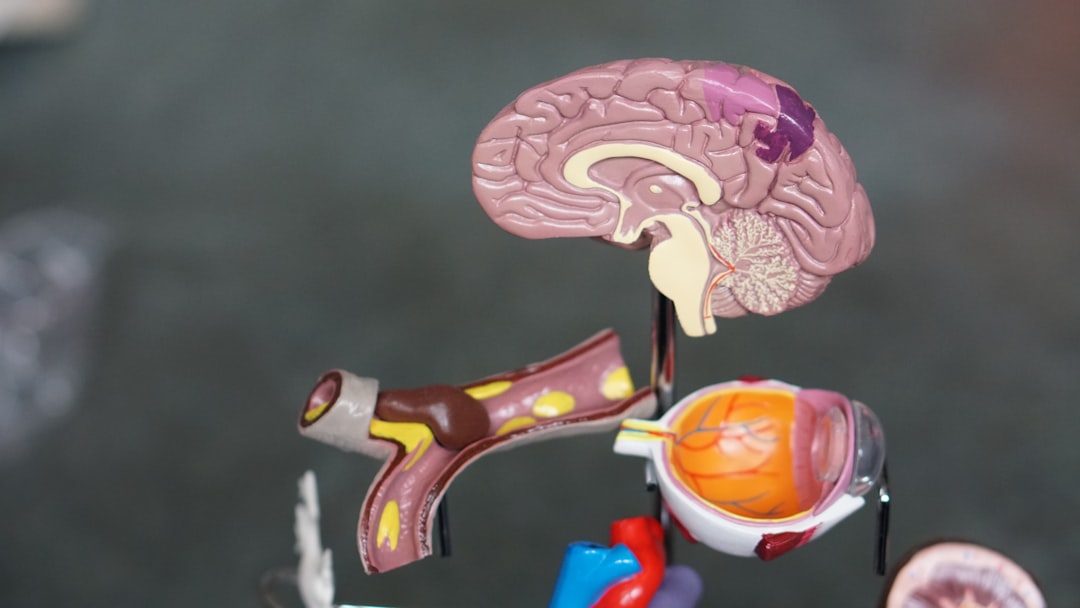Category: Mental Health
Pregnancy naps: why resting during the day is so important
If you’ve found yourself dozing off at your desk or desperately craving an afternoon nap during pregnancy, you’re experiencing something remarkably common: over 90% of pregnant women report fatigue across all three trimesters, and 80% notice significant changes to their sleep schedule. Your body is working overtime to grow a human, and that overwhelming exhaustion isn’t weakness—it’s biology demanding what it needs.
The emotional highs and lows of postpartum identity
The moment your baby arrives, everything changes—including your sense of self. One day you’re pregnant, focused on your own rhythms and routines, and the next you’re someone’s mother, perpetually on call and navigating a completely transformed reality. This identity shift represents one of the most profound psychological transitions humans experience, yet it often goes unacknowledged amid the more visible aspects of postpartum recovery.
Postpartum boundaries: Protecting your space and energy as a new mom
The overwhelming exhaustion of sleepless nights. The cascade of hormonal changes. The physical recovery from birth. And somehow, in the midst of this intense transition, you’re expected to host visitors, respond to texts, and be “on” for everyone else.
Pregnancy and friendships: Why your social circle may shift
Have you noticed your friendships changing since those two lines appeared on your pregnancy test? One minute you’re sharing every detail of your life with your best friend, and the next, you’re wondering why they seem suddenly distant—or why you’re the one pulling back.
Second trimester exercise: Safe ways to stay active
Your energy is back, morning sickness has eased, and you’re not yet navigating a large belly—welcome to the second trimester. It’s often called the “golden period” of pregnancy, and it’s the ideal window to establish an exercise routine that benefits both you and your baby.
Postpartum loneliness: Why it happens and how to find connection
When the nursery is finally set up and your baby has arrived, there’s an expectation of pure joy. Yet for many new mothers, a different reality emerges – one where despite having a tiny human who needs you constantly, you feel surprisingly alone. This paradox of being needed around the clock yet feeling isolated is postpartum loneliness, and if you’re experiencing it, you’re in remarkably common company.
Why Maternal Support Should Be Built Into Every DEI Strategy
When organizations discuss diversity, equity, and inclusion (DEI) strategies, certain dimensions often take center stage: race, gender, sexual orientation, and disability status. Yet one critical element frequently remains overlooked: comprehensive support for maternal wellness. This oversight isn’t just a missed opportunity—it’s a significant gap in truly inclusive workplace cultures.
Pregnancy Brain Fog: Why It Happens and Tips to Stay Sharp
Ever put your phone in the refrigerator or forgotten a word mid-sentence during pregnancy? You’re not alone. “Pregnancy brain” or “mommy brain” isn’t just a myth—it’s a scientifically documented phenomenon affecting approximately 80% of expectant mothers who notice changes in memory, focus, or thinking during pregnancy or after birth.
Postpartum recovery essentials: what every new mom needs at home
The moment you bring your baby home marks the beginning of an incredible journey—not just for your little one, but for your healing body as well. The postpartum period brings physical and emotional changes that require proper care and support. Having the right essentials at home can make this transition period much more manageable, regardless of your individual recovery path.
Postpartum mood swings: what’s normal and when to seek help
One moment you’re gazing at your newborn with overwhelming love, and the next you’re sobbing because you can’t find your phone (which is in your hand). Sound familiar? You’re experiencing postpartum mood swings—a rollercoaster that most new mothers ride in the weeks following childbirth.










